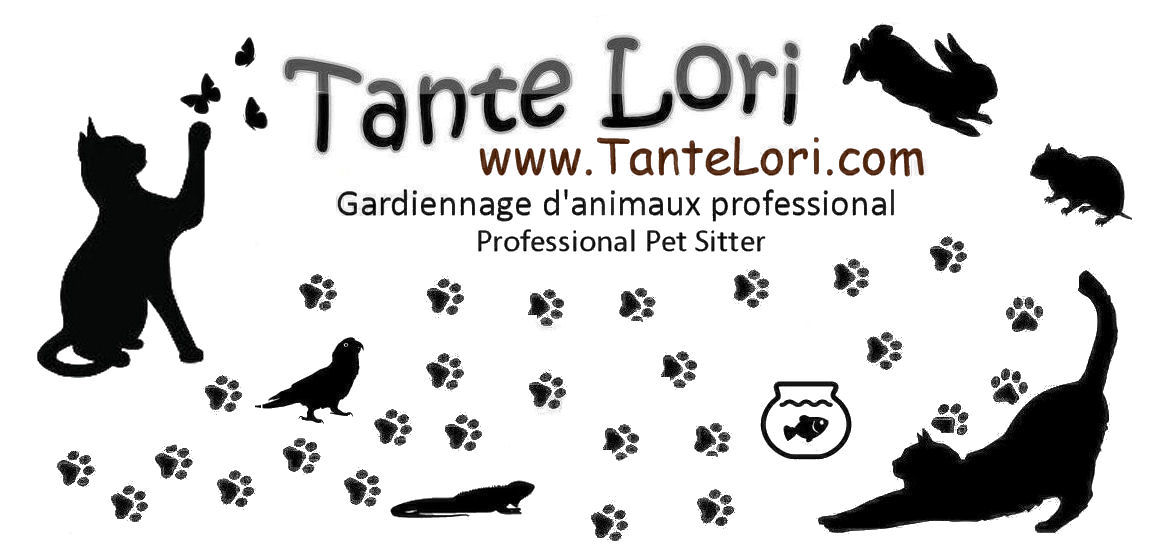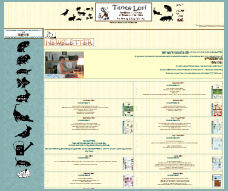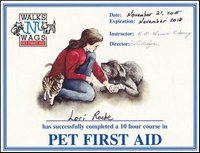XYLITOL is DANGEROUS for your Dog and Cat !!
Xylitol is an artificial sweetener found in many packaged desserts, candy, and gum, and foods related to diabetes or weightloss. It is considered safe for humans. However, xylitol is extremely toxic to cats and dogs.
NOTE: I can't find anything on how other pets react to Xylitol like hamsters, rats, bunnies, etc.
If you have such pet please contact your veterniarian for advice. |
HOW IS IT DANGEROUS?
DOGS
Smaller ingestions can cause an acute, life-threatening low blood sugar (hypoglycemia) within 10-15 minutes.
Larger ingestions can result in acute liver necrosis and liver failure.
Can prompt a sudden release of insulin, resulting in low blood sugar, a condition known as hypoglycemia.
The initial symptoms include lethargy, vomiting and loss of coordination, following this recumbency (unable to stand) and seizures may occur. Xylitol has also been linked to fatal acute liver disease and blood clotting disorders in dogs & cats.
If you think your pet has eaten any amount of xylitol then you should seek veterinary advice immediately. Even small amounts of xylitol can cause hypoglycemia (low blood sugar), seizures, liver failure or even death depending on your pet's sensitivity to it.
"Xylitol is estimated to be 100 times as toxic as chocolate to dogs."
Xylitol
POISONING SIGNS / SYMPTOMS
Symptoms of xylitol toxicity develop rapidly, usually within 15-30 minutes of consumption. Mild to severe, depending on the dose ingested
- Weakness
- Lethargy or Depression
- Collapse
- Incoordination or difficulty walking or standing (walking like drunk)
- Vomiting
- Tremoring / Seizures
- Jaundice
- Coma / Death
What should I do if my dog eats something containing xylitol?
- contact your veterinarian or Pet Poison Helpline immediately.
- Do not induce vomiting or give anything orally to your dog unless specifically directed to do so by your veterinarian.
- It is important to get treatment for your dog as quickly as possible. As some dogs may already be hypoglycemic, inducing vomiting can make them worse!
|
WHAT HAS XYLITOL IN IT?
Xylitol is a natural, sugar-free sweetener commonly found in many places.
The list below shows many common items with Xylitol in the ingredients.
It's important to LOOK for this ingredient in packaged items you purchase so you can take the proper precautions when bringing them home.
-
chewing gums
(popular brands with xylitol include Orbit, Mentos, Ice Breakers, Pür, Starbucks, Stride, Nicorette and Trident)
-
sugar free mints,
-
throat lozenges
-
breath strips
-
hard candies
-
mentos
-
dessert foods
(cakes, puddings, jello, etc.)
-
oral rinses,
-
toothpastes,
-
over the counter supplements
(e.g., sugar-free multivitamins, fish oils, etc.).
-
Peanut Butter (Popular brands with xylitol include Go Nuts, Co, Krush Nutrition, Nuts 'N More, P28 Foods, Protein Plus PB)•
-
Certain medications
(Popular brands with xylitol include Allegra, Gummy Vites and Nature's Plus)•
-
some yogurts
-
some protein bars
IS XYLITOL LISTED ON PACKAGE LABLES?
Sugar Alcohols Labelling Requirements
(read more: http://www.inspection.gc.ca/food/labelling/food-labelling-for-industry/sweeteners/eng/1387749708758/1387750396304?chap=0#s3c2)
Sugar alcohols (definition) (i.e. polyols) provide energy in the form of carbohydrates similarly to sweetening agents (i.e. white and brown table sugars). They are also known as sugar relatives, and provide fewer calories per gram than typical sweetening agents. The sugar alcohols (i.e. polyols) that are permitted for use as food additives in Canada are: hydrogenated starch hydrolysates, isomalt, lactitol, maltitol, maltitol syrup, mannitol, sorbitol, sorbitol syrup, xylitol and erythritol.
When these sugar alcohols are present in a food, their total content must be declared in the Nutrition Facts table in grams per stated serving size [B.01.402(6), FDR]. See Elements within the Nutrition Facts Table for more information.
|

|





